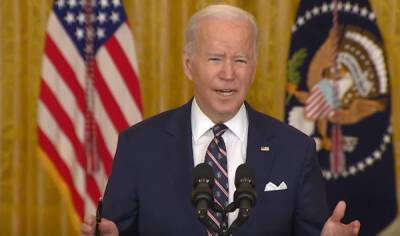BP has ambitious plans to move beyond fossil fuels – but are they enough?
When BP revealed this week that bumper profits had reached an eight-year high, helped by the same soaring gas prices that have fuelled a national cost of living crisis, it had a political sweetener already prepared.
The oil firm revealed the four-fold profit increase to $12.8bn alongside a promise to spend more on low-carbon energy alternatives, and invest more than £2 for every £1 it made in Britain this decade.
Bernard Looney, BP’s chief executive, told investors that by 2025 the company plans to dedicate 40% of its spending budget to parts of the business which aid the energy transition, rising to 50% of the budget by the end of the decade.
A large proportion would be earmarked for UK projects such as giant offshore windfarms, hydrogen projects and electric vehicle charging networks. A useful counter-argument to calls for a windfall tax? Not so, Looney told the Guardian.
“BP’s historic links in the UK give us a foundation here,” Looney said. “But the real reason we will focus on the UK is the opportunity: the wind resources here are among the best in the world. The UK is also blessed with a society and an economy which wants to transition. It’s a good place to invest and it’s a place that we know.”
BP has spent about $3.2bn on clean energy since 2016, and $84bn on oil and gas exploration and development over the same period, according to equity analysts at Bernstein. But in a little over two years the company’s renewable energy development pipeline has grown from 6GW in 2019 to 24.5GW thanks in large part to an aggressive entrance into the offshore wind industry.
BP set a record bid to clinch the rights to develop two offshore windfarms off the west coast of the UK last year, and recently won the right to develop more than
Read more on theguardian.com















